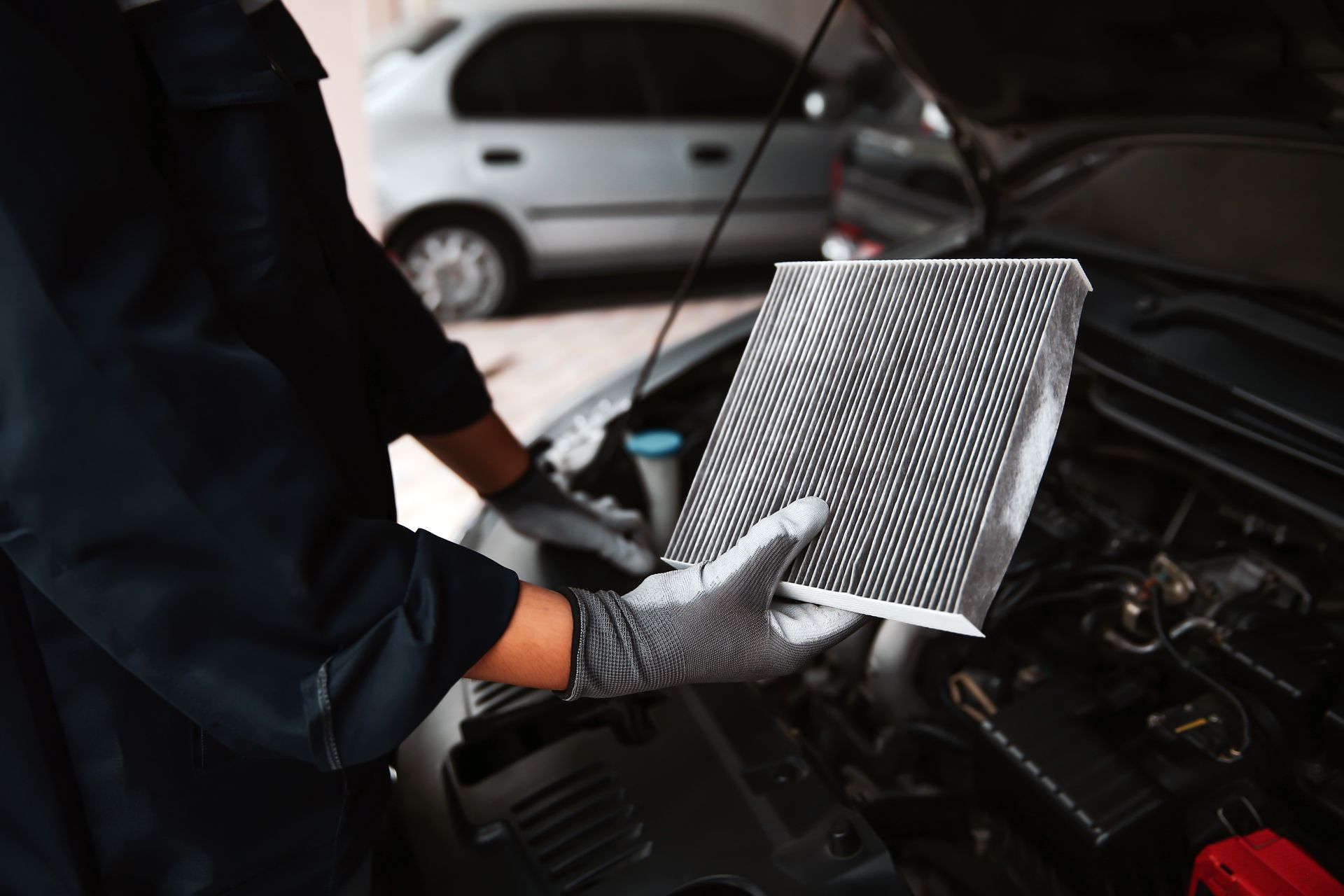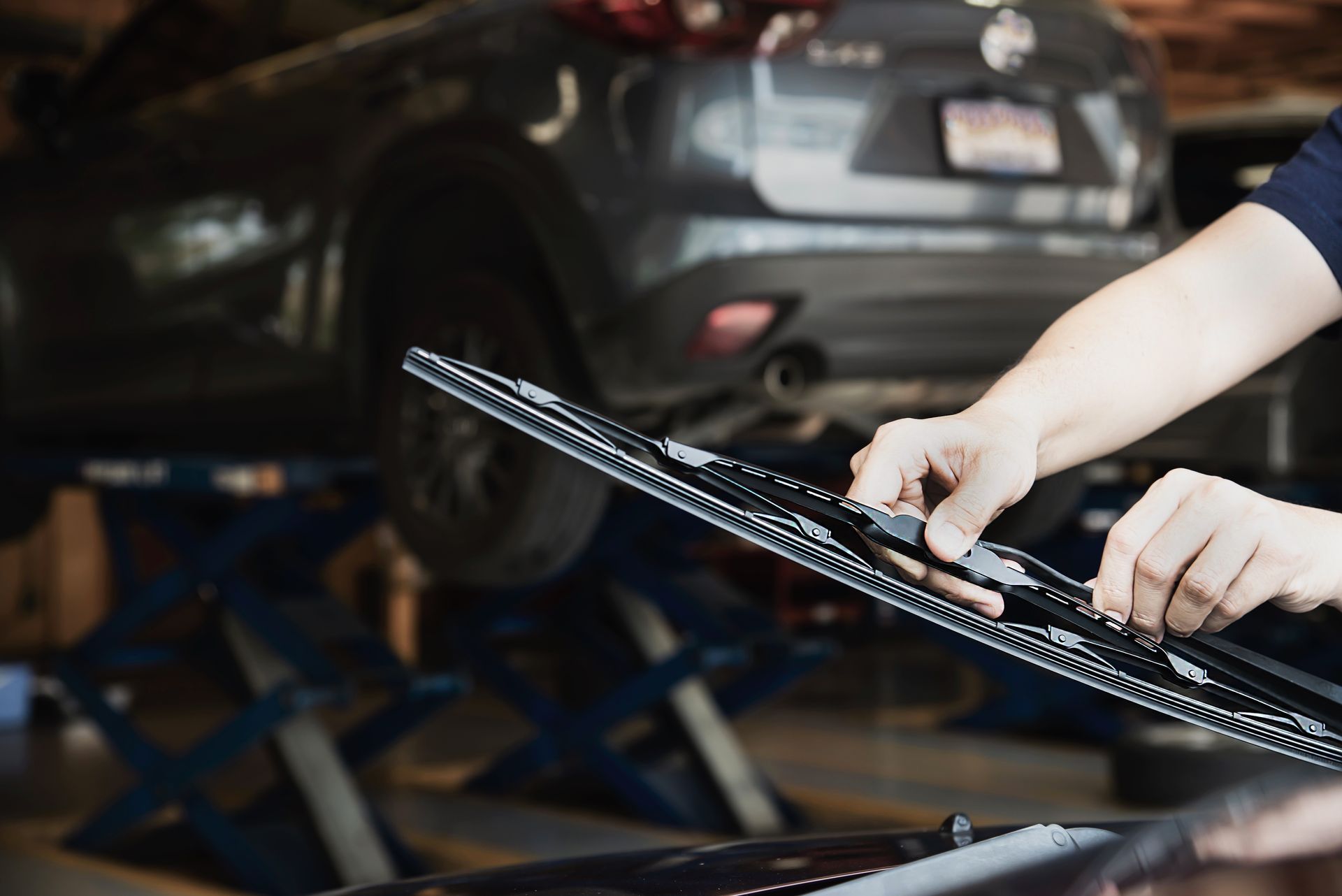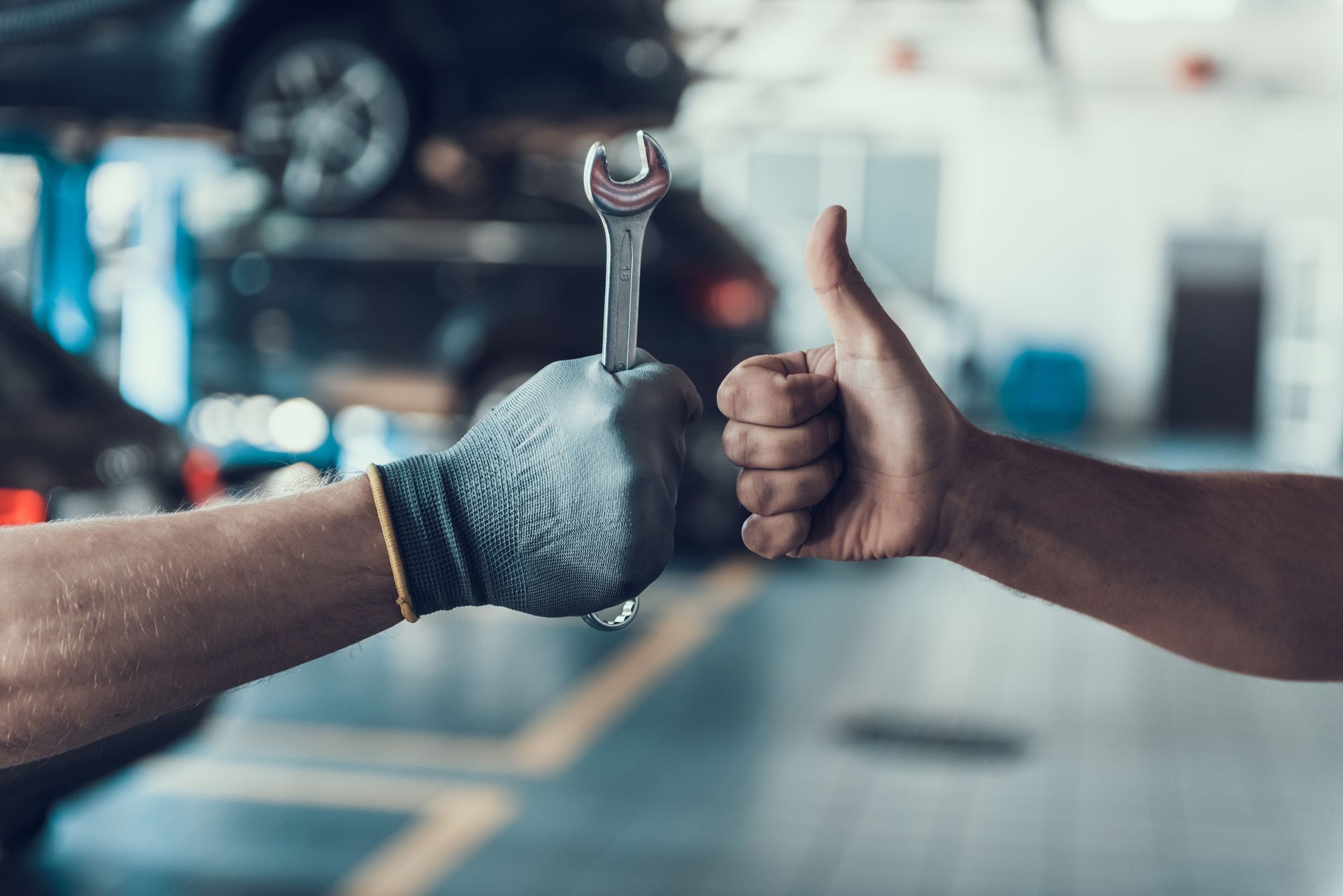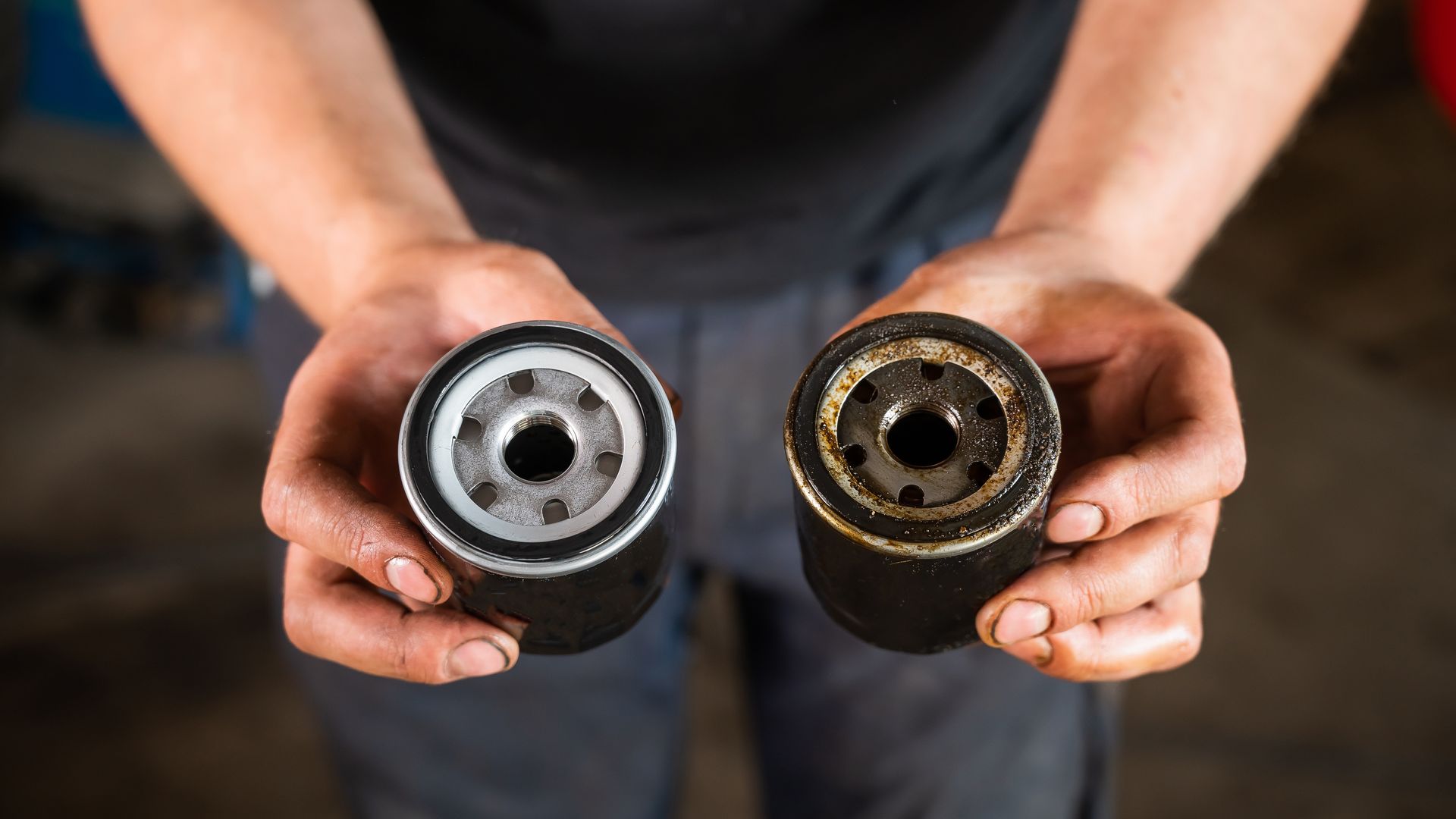The Best Type of Brake Pads for Your Vehicle | Des Moines, WA | Quality Auto Electric & Repair
Welcome to Quality Auto Electric & Repair, your trusted auto shop in Des Moines, WA. Whether you're navigating the bustling streets of our city or enjoying a scenic drive along the Puget Sound, the safety and performance of your vehicle depend significantly on one critical component: your brake pads. Today, we'll dive deep into the world of brake pads, exploring the best options for your vehicle to ensure optimal safety and performance.
Understanding Brake Pads: The Basics
Brake pads are a key part of your vehicle's braking system. They press against your car's brake rotors, creating friction that slows your vehicle down. But not all brake pads are created equal. The composition and quality of your brake pads can significantly affect your car's stopping power and the overall driving experience.
Types of Brake Pads
There are generally four types of brake pads available for most vehicles, each with its own set of benefits and recommended uses:
1. Ceramic Brake Pads
Ceramic brake pads are made from dense ceramic material mixed with copper fibers. These are particularly popular due to their quiet operation and low dust output. They provide excellent braking performance without the wear and tear on your rotors that some other pads might cause, making them a great choice for daily drivers in Des Moines.
Pros:
- Quiet operation
- Low brake dust
- Gentle on rotors
- Stable under a variety of temperatures
Cons:
- Higher cost
- Less effective in extreme cold
2. Semi-Metallic Brake Pads
These pads are made from a mixture of metallic fibers and filler material. Semi-metallic brake pads are more durable and excellent for heat dissipation, making them ideal for performance vehicles and those who enjoy spirited drives around Washington.
Pros:
- Excellent heat dissipation
- Durable under rigorous use
- Better stopping power
Cons:
- More brake dust
- Noisier than ceramic pads
- Can wear brake rotors faster
3. Organic Brake Pads
Organic brake pads, made from natural materials like rubber, glass, fiber, and Kevlar, are softer and quieter than other types. They work well for smaller vehicles and everyday driving scenarios in Des Moines.
Pros:
- Quiet operation
- Less stress on the braking system
- Cost-effective
Cons:
- Faster wear rate
- Poor performance in extreme conditions
4. Low-Metallic NAO Brake Pads
These are similar to organic pads but include a small amount of metal to improve heat transfer and braking performance. They strike a balance between the quiet nature of organic pads and the performance capabilities of semi-metallic pads.
Pros:
- Better heat dissipation than organic pads
- Improved braking power
- Reasonable noise levels
Cons:
- More brake dust than organic
- Slightly higher rotor wear
Choosing the Right Brake Pads for Your Vehicle
The decision on which brake pads are best for your vehicle depends on your driving habits, vehicle type, and performance needs. Here at Quality Auto Electric & Repair in Des Moines, WA, we specialize in helping you make the best choice:
- Daily Driving and Commuters: Ceramic pads offer a great mix of longevity, performance, and low noise.
- Performance Enthusiasts: Semi-metallic pads might be the way to go due to their superior heat dissipation and durability.
- Economic Choices: If cost is a concern, organic pads are an effective solution for light to moderate driving.
Why Choose Quality Auto Electric & Repair?
At Quality Auto Electric & Repair, we're committed to providing you with expert advice and top-notch service. Our skilled technicians can help you select and install the perfect brake pads for your vehicle, ensuring your safety and enhancing your driving experience. Plus, our commitment to customer service means you're guaranteed a friendly and informative visit every time.
Choosing the right brake pads is crucial for your vehicle's performance and your safety. Whether you opt for ceramic, semi-metallic, organic, or low-metallic NAO pads, Quality Auto Electric & Repair in Des Moines, WA, is here to assist with expert advice and professional installation. Don’t compromise on your vehicle's performance – let us help you find the perfect brake pads for your needs.
Visit us today or schedule an online appointment now to ensure your vehicle remains in top condition!










